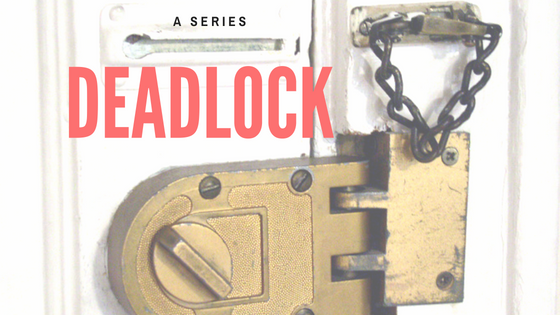-
Buy-sell agreements, like a shotgun sale triggered by a deadlock, are the principal means by which the owners of closely held businesses protect against the worst consequences of deadlock.
-
Commonly used shotgun provisions allow one party to set the price and allow the other party to decided whether to buy or sell at the offered price. Closely related to the shotgun is an auction that allows offerors a chance to sweeten their offers to buy.
-
The compelled sale of an equity interest triggered by a buy-sell agreement will be subject to the fiduciary duty of loyalty and the implied covenant of good faith and fair dealing.
-
Courts may apply shotgun or auction techniques when compelling the sale of a business as a going concern.
A well-drafted agreement between the owners of a business will address the issue of what to do in the event they become deadlocked. This is true of effective shareholder agreements or corporate by-laws, limited liability company operating agreements or partnership agreements.
Agreements that are intended to prevent or resolve a deadlock in most circumstances will contain language that in some circumstances will require the exit of one person from the business. This exit, in turn, requires payment of the value of the equity interest of the departing owner.

In this post, the last in a series on deadlock in the closely held business, we look at buy-sell agreements as a means of breaking deadlocks without litigation and, in particular, a form of buy-sell often referred to as a shotgun. A buy-sell often avoids or greatly simplifies litigation between the deadlock owners of a business, sure. It also has the effect of avoiding deadlock in the first instance.
A Series Examining Deadlock Among the Owners of Closely Held Corporations, Limited Liability Companies and Partnerships
Shotgun provisions are a form of weapons control, like the mutually assured destruction that has – thankfully so far, at least – kept the world powers from global conflagration. Owners of a closely held business have an emotional as well as a financial investment in a business and triggering a process in which they may be forced to sell will be seen as a very unwelcome choice. In many cases, shotgun language in governing documents triggers compromise among the owners of a closely held business.
 The Business Divorce Law Report
The Business Divorce Law Report



 case of a “true deadlock” is the dissolution of the corporation, which entails the liquidation of the entity. Courts rarely impose such an extreme remedy on a viable business entity, so such remedies as the sale of a minority interest, sale of the entity as a going concern or other types of injunctive relief are far more common.
case of a “true deadlock” is the dissolution of the corporation, which entails the liquidation of the entity. Courts rarely impose such an extreme remedy on a viable business entity, so such remedies as the sale of a minority interest, sale of the entity as a going concern or other types of injunctive relief are far more common.